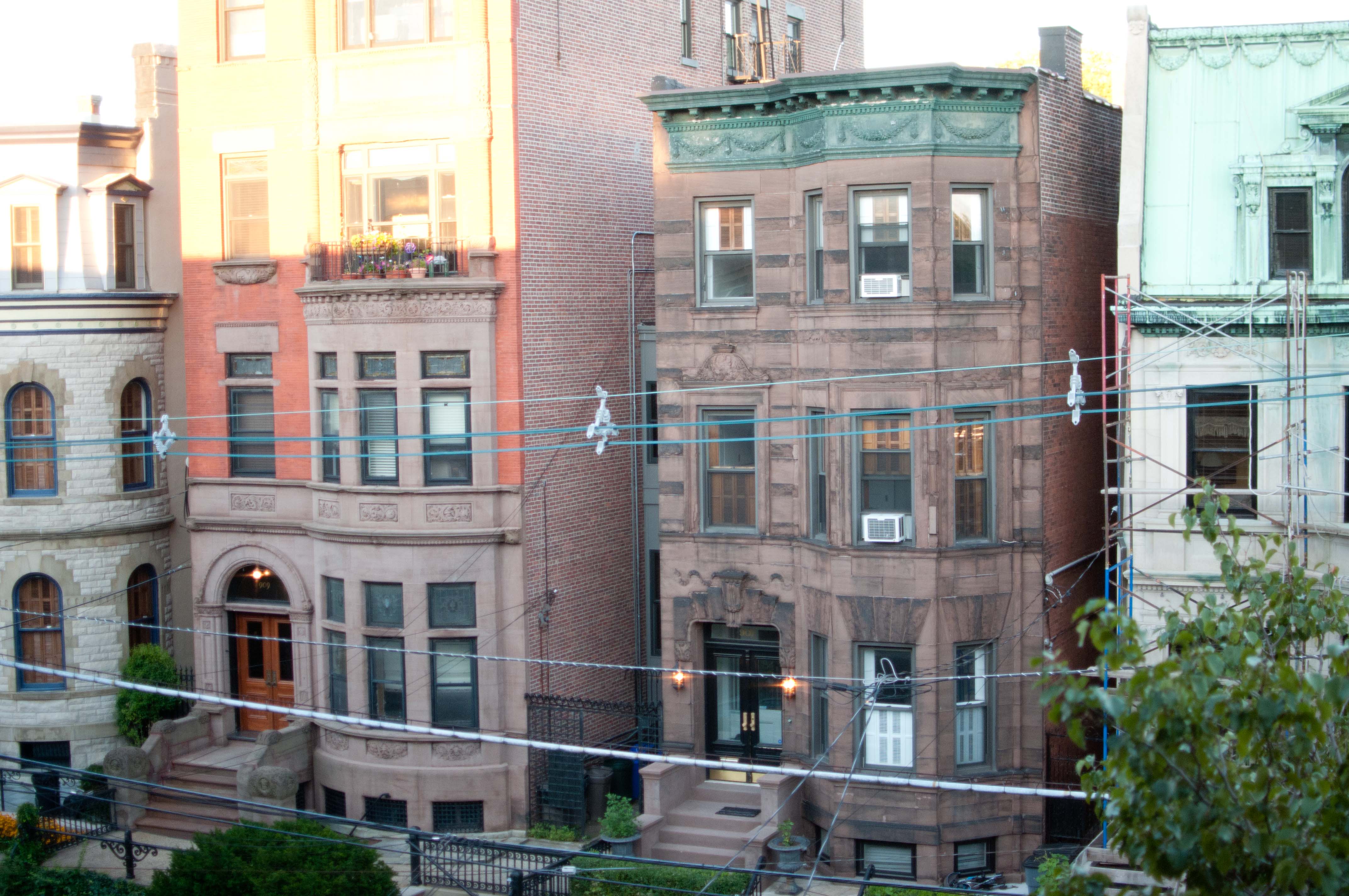How are residences totally different from houses?

Apartments and homes are each forms of residential dwellings, however they differ in several key ways, together with their physical characteristics, possession construction, maintenance obligations, and lifestyle issues. Here are some of the major variations between apartments and homes:
1. Physical Characteristics:
Apartments:
Typically located within multi-unit buildings or condo complexes.
Individual items are often compact and share partitions with neighboring models.
May have shared hallways, stairwells, or elevators.
Houses:
Stand-alone buildings with their very own partitions and infrequently a yard or outdoor space.
Generally offer Click to find out more and outside compared to flats.
Provide greater privateness as a end result of absence of shared walls and customary areas.
2. Ownership:
Apartments:
Typically rented or leased from a landlord or property management firm.
Residents are tenants who don't own the apartment unit itself.
Houses:
Can be owned by people or households.
Owners have full control over the property and can make modifications or renovations as desired.
3. Maintenance Responsibilities:
Apartments:
Landlords or property managers are typically answerable for maintenance, repairs, and property upkeep.
Tenants report points to the landlord, who arranges for repairs.
Houses:
Owners are answerable for all maintenance and repairs, including landscaping, plumbing, electrical, and structural upkeep.
Costs associated with maintenance and repairs are borne by the house owner.
four. Lifestyle Considerations:
Apartments:
Often suited for individuals or smaller households.
Offer convenience and should include amenities like health centers or swimming pools.
May be positioned in city or densely populated areas.
Generally require less effort and time for property maintenance.
Houses:
Suitable for larger households or these wanting extra space.
Allow for greater customization and personalization of the property.
Often positioned in suburban or rural areas with more room and greenery.
Require more time and effort for upkeep and yard care.

5. Financial Considerations:
Apartments:
Typically contain month-to-month rent payments, which may include utilities or amenities.
Lower upfront costs in comparison with purchasing a house.
Houses:
Involve mortgage funds for owners who've bought the property.
Upfront prices embrace a down cost, closing costs, and ongoing property taxes and insurance coverage.
6. Community and Neighbors:
Apartments:
Living in close proximity to neighbors in the identical building or complex can lead to more frequent interactions.
Apartment communities might provide social events or shared common spaces.
Houses:
Generally offer extra distance and separation from neighbors, offering greater privateness.
Interactions with neighbors may be much less frequent because of bigger property boundaries.
Ultimately, the choice between dwelling in an apartment or a home depends on particular person preferences, life-style, financial issues, and housing needs. Apartments are often favored for their convenience and lower upkeep obligations, whereas homes provide more space and autonomy but require larger repairs and monetary commitment..
